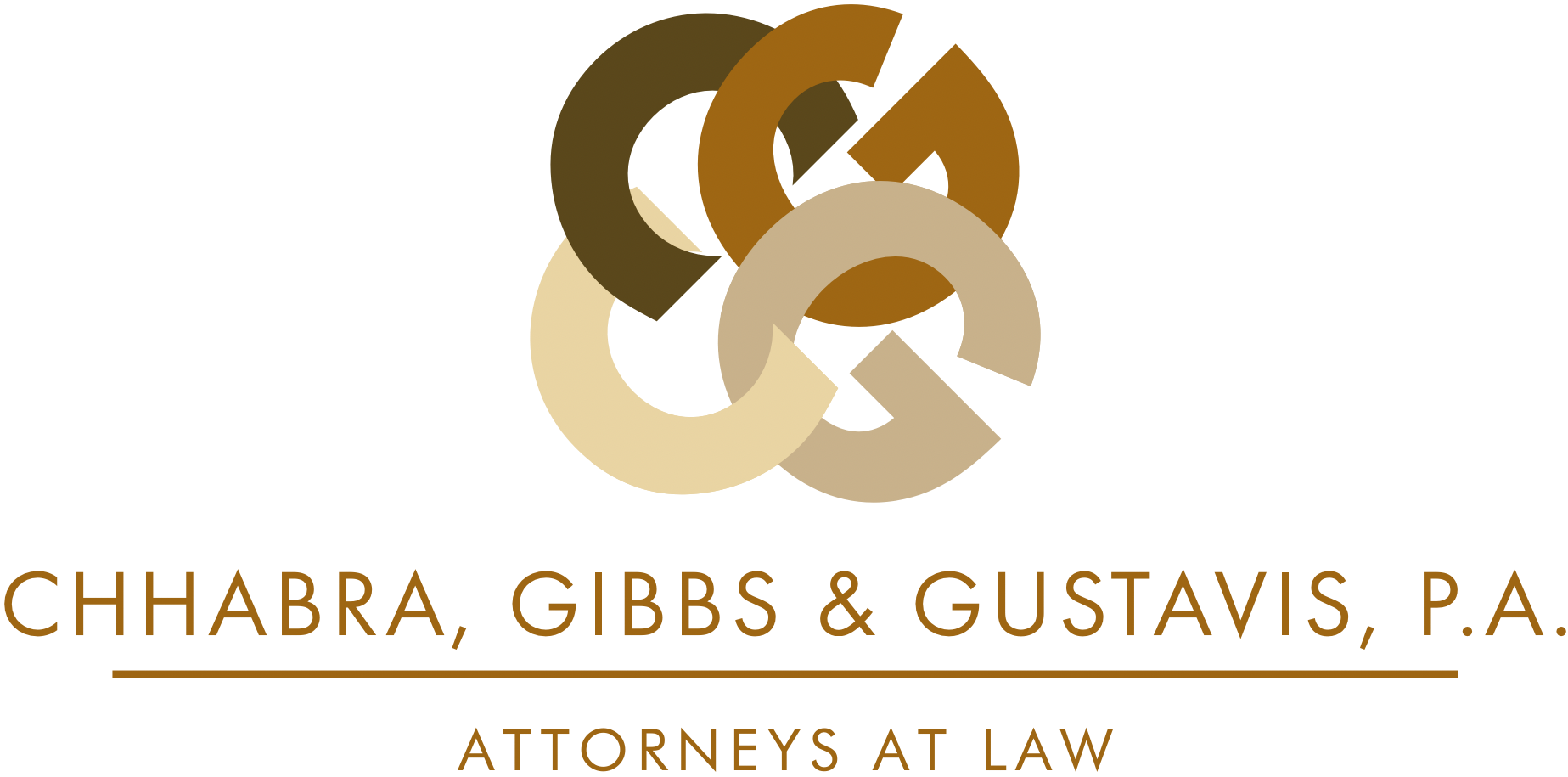HOW DOES IDENTITY THEFT HAPPEN
Identity theft can happen in many ways, some of which may come as a surprise to the average consumer. For example, most people realize that their personal information may be stolen when there is a data security breach at a company they’ve done business with. Likewise, most people have heard stories of skimmer machines attached to ATMs and gas pumps capturing credit and debit card information. However, many people are not aware that a significant percentage of this occurs at the hands of a close friend or family member. Trusted friends and relatives often have the easiest access to personal financial information.
IDENTITY THEFT MONITORING
One of the most powerful tools for protecting yourself against identity theft is quick discovery. The sooner you realize that your identity has been stolen, the greater your chances of containing the problem and avoiding serious damage. However those that choose not to shop online undergo the longest discovery time for identity theft. Shoppers who choose not to shop online take an average time of 40 days before they realize their identities have been stolen.
Follow these steps to help against identity theft:
- Be aware of debt collection and telemarketing scams—never give your bank account or credit card information to a stranger who telephones you.
- Ensure that any computer or mobile device you use to conduct personal or financial business is secure.
- Monitor your bank statements and credit card statements for suspicious activity, and act quickly when something seems awry.
- Be cautious about providing personal information such as your birth date or Social Security number online or over the phone.
Many victims have struggled for years to clear their records after identity theft. Too often, creditors and credit bureaus fail or refuse to cooperate, leaving the victim feeling powerless once again. The Fair Credit Reporting Act (FCRA) imposes significant obligations on both credit reporting agencies and creditors furnishing information to credit bureaus. Both have a responsibility to ensure that the information they furnish and report is accurate, and to investigate and make corrections when a consumer initiates a dispute. However, they often fail in this duty. The Fair Debt Collection Practices Act (FDCPA) is another potentially critical tool in fighting identity theft. The FDCPA provides powerful remedies with regard to wrongful collection actions and other unfair and deceptive collection conduct that often arises in identity theft cases.
Contact the Law Offices of Chhabra & Gibbs Today
If you have been a victim of identity theft and have issues with creditors, debt collectors, and credit reporting agencies, contact Chhabra Gibbs & Herrington PLLC. We can assist with your case and ensure the FCRA and FDCPA act is being followed. There is no fee to discuss your case with us.


